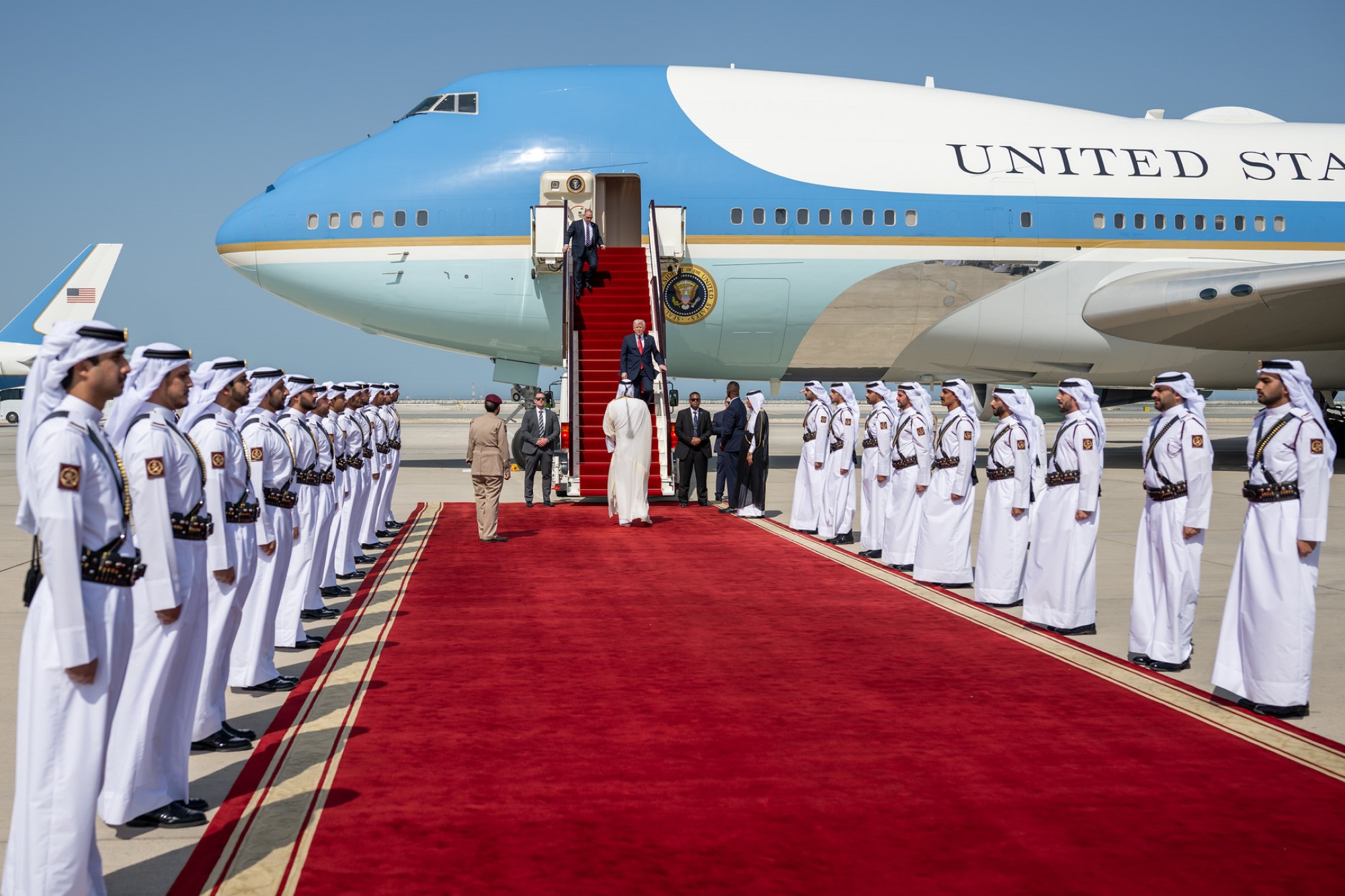Politics and Respect in the Wake of Mass Shootings
On October 1, a gunman opened fire on a country music festival in downtown Las Vegas. Almost immediately following news of the shooting, prominent politicians such as Hillary Clinton and Bernie Sanders tweeted pleas for stronger gun control. These tweets drew harsh criticism regarding the politicization of mass shootings. Such criticism appears in the wake of mass shootings, as people assess when it is too soon to start discussing gun control, and what can be done in the future to prevent such tragedies.
Politicians like Hillary Clinton and Senator Bernie Sanders, who strongly favor stricter gun control, use mass shootings as a catalyst for furthering their political agendas. Advocates for gun control argue that the days immediately following a mass shooting are an important time to discuss what can be done to prevent future gun violence. 59 people lost their lives in the Vegas shooting, and more difficulty in accessing firearms could have prevented those deaths. Fewer guns may not completely eliminate mass shootings, which are unpredictable; however, there is research that certain gun control policies could reduce the likelihood of mass shootings and reduce the casualties if such events do occur. Most guns used in mass shootings in the last three years, including the Las Vegas shooter, were obtained legally, which highlights the need for more legal barriers for purchasing firearms. With this in mind, some argue that is worthwhile to use tragic events, such as the Las Vegas shooting, to spark debate and advocate for stricter gun control policies in the United States.
On the other hand, some insist that talking about politics after a mass shooting is disrespectful, and that there is such a thing as too soon. Senate Majority Whip John Coryn, a Republican from Texas, said two days after the shooting, “I just think politicizing this terrible tragedy is beyond disgusting and we ought to wait a respect full period of time, out of respect for people who lost their lives or were injured before we get into the push and shove of politics around here.” Many lawmakers believe that there is an appropriate amount of time to wait before focusing on creating policies that address gun violence. It can be argued that focusing on the victims and their families is more important than discussing prevention immediately after a shooting.
Additionally, many lawmakers believe it is necessary to hone in on the identity of the shooter and how he or she obtained the firearms. Some politicians also claim that gun control laws are useless, because most perpetrators are lawbreakers and would not let any law deter them from obtaining firearms and using them to inflict harm on others. In regards to respect and the law’s questionable ability to deter shootings, it is arguable whether or not it is worthwhile to discuss politics in the context of tragedies, like the Las Vegas shooting. If more harm than good results from politicizing tragedy, it may be better served to discuss gun control independent of mass shootings.
The debate regarding politicizing mass shootings comes down to what is respectful. It could be deemed disrespectful to victims and their families if stricter gun control is not discussed. If no measures are taken to diminish the likelihood of mass shootings, victims’ families may feel as if nothing is being done to prevent such tragedies from happening in the future. However, it can also be seen as disrespectful to use the deaths of innocent people as an example. Many families were hardly given a chance to grieve before seeing statements from politicians and commentators demanding that the government address the issue of gun violence. There is no clear right way to address politics when tragedy occurs; the role of guns in mass shootings should be confronted, but it is equally important to maintain respect for all victims involved.





